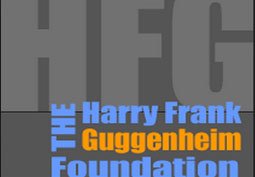The spoils of war, or at least the spoils of writing about them, have just gotten richer, thanks to a new $50,000 prize for the best book in military history, to be awarded annually starting in February 2014.
The purpose of the award, known as the Guggenheim-Lehrman Prize, is to restore military history to “an important place in university curricula,” Josiah Bunting III, the president of the Harry Frank Guggenheim Foundation,said in a statement. “If we do not learn from the conflicts of the past, we will be doomed to repeat them,” he added. “For the sake of all, we cannot allow this area of scholarship and thinking to atrophy in the United States or abroad.”
The prize, which is financed jointly by the foundation and Lewis E. Lehrman, a founder of the Gilder Lehrman Institute of American History, is open to scholars and popular historians, and comes at a moment when military history has a divided audience and identity.
Battle-focused, “drum and trumpet” histories like Rick Atkinson’s “Guns at Last Light” dominate bookstores shelves and best seller lists. But in the academy, the “new military history” focuses on topics like race, gender, and civilian-military relations — “every aspect of war except the fighting,” as Robert M. Citino, the author of The American Historical Review’s most recent overview of the field, put it.
“Military history might be marginalized in today’s academy, but there is a huge population out there who, when they think of ‘history,’ tend to think of ‘military history,’ ” Mr. Citino, a visiting professor at the United States Army War College, said via e-mail, adding, “I think the prize is a wonderful recognition that scholars are out there doing cutting-edge work in military history, just as they are in other subfields.”



